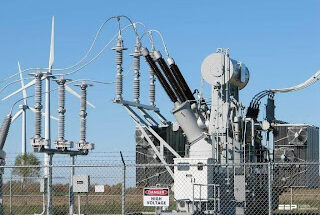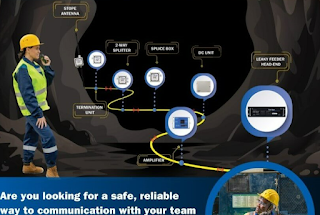There are many advantages of bottled and jarred packaged goods. Both types of packaging are recyclable and allow you to keep them for longer periods of time. Jars and bottles come with an easy-to-use, detachable opener. They also retain their freshness longer. This means you can drink your bottled water for a longer period of time. In addition, jars and bottles can also be reused.
The Biggest Advantages Of Bottled And Jarred Packaged Goods
One of the biggest advantages of bottled and jarred packaged good is that they are easier to store and manage. This means manufacturers can offer better prices and lower waste. It also means that you don’t have to break or wrap food before eating it. The best part is that jars and bottles can help you save on your grocery bill and do your part for the environment. There are a lot of advantages to storing your food in jars.
Apart from being easy to store, jars and bottles are also eco-friendly. They are 100% recyclable and break down into smaller pieces that fall to the ground. This means less pollution and a cleaner environment. Plus, these types of packages don’t contain petroleum by-products. Therefore, they are ideal for those who are concerned about their environment. But before we begin discussing the benefits of bottled and jarred packaged good, let’s take a look at the pros and cons of these products.
Jars and bottles are convenient and environment-friendly. Instead of having to buy separate containers for different products, jars and bottles can be used several times. They are more eco-friendly than their other alternatives. These packaging types can also be resealed endlessly. These are just a few of the advantages of bottled and jarred packaged good. You can choose the option that is best for you!
Jars and bottles can be easy to manage. They are small and compact and can fit into small places. However, jars and bottles are more expensive than their bottled and jarred counterparts. A jar will not be disposed of as easily as a normal package does. This is a drawback of jarred and bottled packaged goods. They have a much longer shelf life and can be more environmentally friendly than their plastic and glass equivalents.
Jarred and bottled packaged goods are environmentally friendly and cost less to produce. They also save the manufacturers money and are more convenient for consumers. In addition, jarred and bottled packaged goods have a wider selection. They are also easier to carry and can save you money. This will make it easier to make informed choices about jarred and bottled packaged goods. They are both great options for consumers. They can help you save money on groceries and other everyday items you use.
Benefits Of Jarred And Bottled Packaged Goods
Besides the environmental benefits of jarred and bottled packaged goods, jars and bottles are more efficient than other packaging materials. These packaging types are more convenient and more affordable. And they have many other benefits. If you want to avoid plastic and bottled packaging, consider jarred and bottled packaged goods. They are more environmentally friendly and less expensive than other options. A jar is also more environmentally-friendly than a bottle, and a jar will last a long time.
Final words:
Bottled and jarred packaged goods are more environmentally-friendly. They are made of biodegradable materials that are easier to recycle. They are more convenient than other packaging methods. In addition to this, jars and bottles are more environmentally-friendly and will help the environment. While there are some negative aspects of jars and jerry cans, they are more beneficial in a number of ways.
The most obvious benefit of jars and bottled packaged goods is their environmental benefits. Most of these types of packaging are more environmentally-friendly than unpackaged products. They are easy to use and store. They will not leak toxic chemicals and will last longer than unpackaged products. They are more environmentally-friendly than many other packaging materials. Most jars and bottles are 100% recyclable. You can use them to store and serve food.




